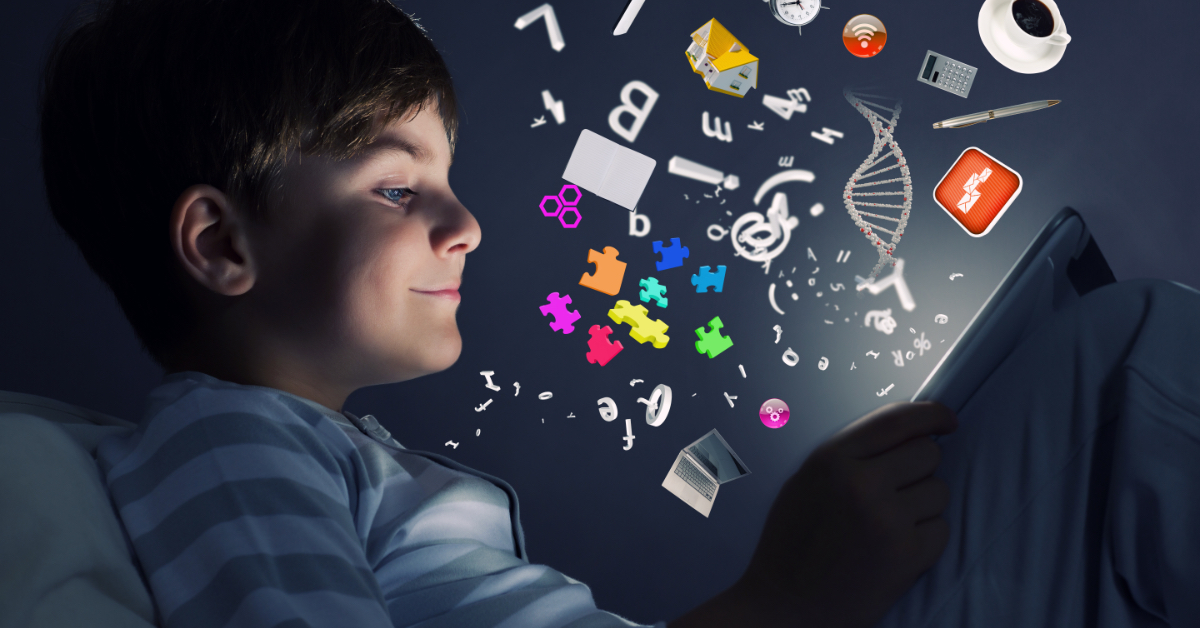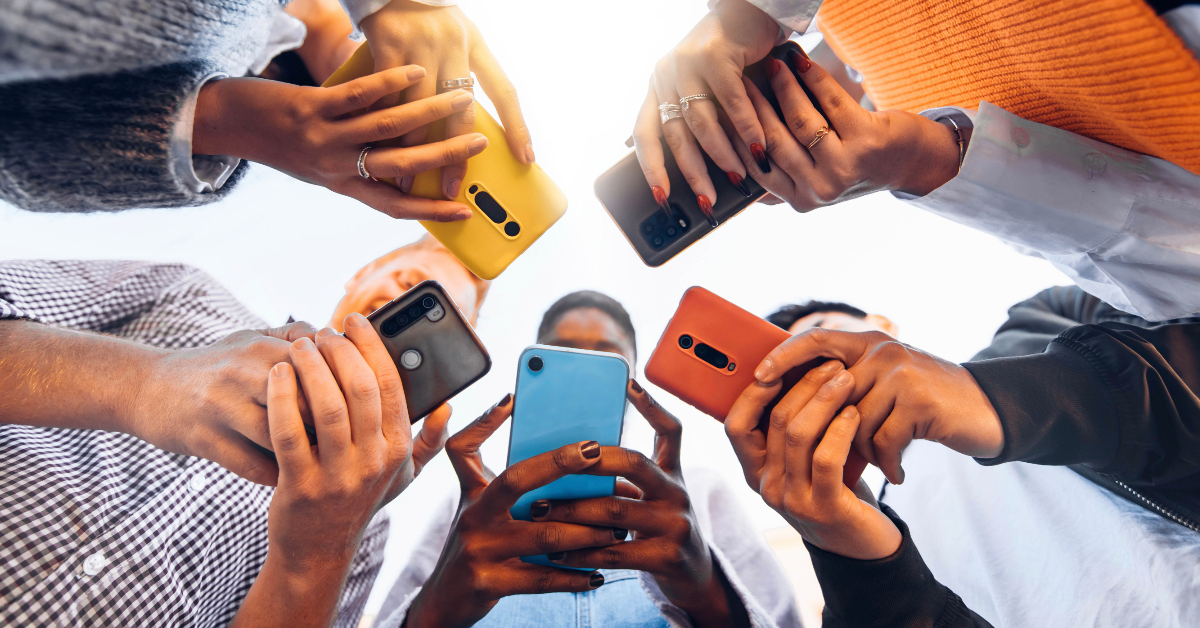
The Atlantic magazine has called Tristan Harris “the closest thing Silicon Valley has to a conscience” for his work as the former Design Ethicist at Google. Harris is animated by the question of how 21st century technology is affecting us, and he created the Center for Humane Technology in the hopes of “reversing the digital attention crisis and realigning technology with humanity’s best interests.”
4 Key Ways Technology is Harming Us
Harris identifies four key areas where our tech is harming us:
1) Our Mental Health
“The race to keep us on screen 24/7 makes it harder to disconnect, increasing stress, anxiety, and reducing sleep.”
2) Our Children
“The race to keep children’s attention trains them to replace their self-worth with likes, encourages comparison with others, and creates the constant illusion of missing out.”
3) Our Social Relationships
“The race for attention forces social media to prefer virtual interactions and rewards (likes, shares) on screens over face-to-face community.”
4) Our Democracy
“Social media rewards outrage, false facts, and filter bubbles – which are better at capturing attention – and divides us so we can no longer agree on truth.”
How Social Media Negatively Affects Us
Harris is also specific about how various social media platforms negatively affect us:
‣ “Snapchat turns conversations into streaks, redefining how our children measure friendship.”
‣ “Instagram glorifies the picture-perfect life, eroding our self worth.”
‣ “Facebook segregates us into echo chambers, fragmenting our communities.”
‣ “YouTube autoplays the next video within seconds, even if it eats into our sleep.”
Take Control of Your Technology Habits
In response to these serious concerns, the Center’s website has a page devoted to taking control of our own technology habits.
The Center shares practical tips such as only allowing notifications on your phone from actual people:
(“Settings > Notifications and turn off all notifications, banners, and badges, except from apps where real people want your attention; e.g. messaging apps like WhatsApp, FB Messenger, Signal, Telegram, WeChat etc.”)
This page also recommends free tools such as Flux which automatically changes the computer screen brightness and color after sunset to minimize the blue light that keeps us awake. Watch Tristan Harris’ TED Talk on technology below:
Further Reading
We have put together a helpful guide about digital citizenship for parents that includes more research and helpful tips for guiding our children as they learn how to navigate the digital world.




We need to think of these services and platforms as public infrastructure, and we need to be able to fund the solving of those problems in advance. If you’re a New Yorker, how much of the taxes you pay go to paying for police, subways, or street repairs? How much goes to sanitation? There are a lot of taxes and resources that are allocated to keep the city working well for people, asking what’s best for people. In contrast, think about how little at these technology companies is spent on “what’s best for people.” If you think of the actual scale of Facebook, just to pick on them a little bit, 2 billion people’s minds are jacked in, more than the followers of most world religions. You need a lot of people—not just 10, 20—working on the misinformation problem. We need a lot more people working on these problems, from cyberbullying to radicalizing content to misinformation and beyond.